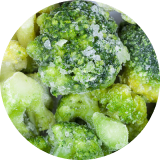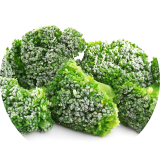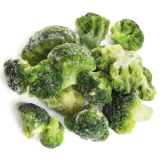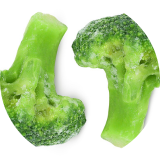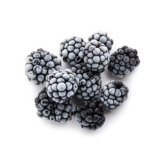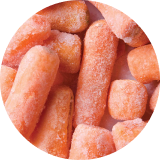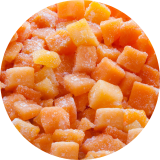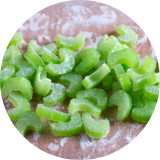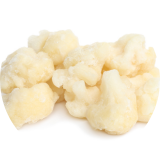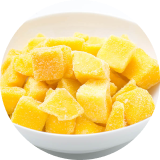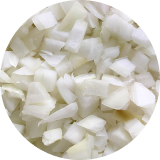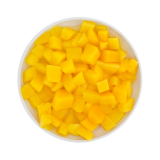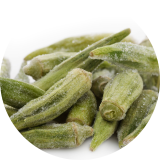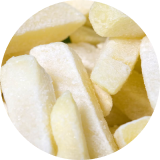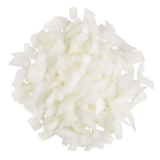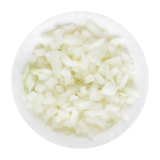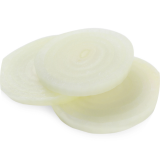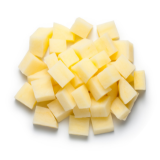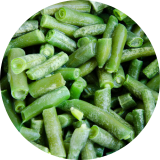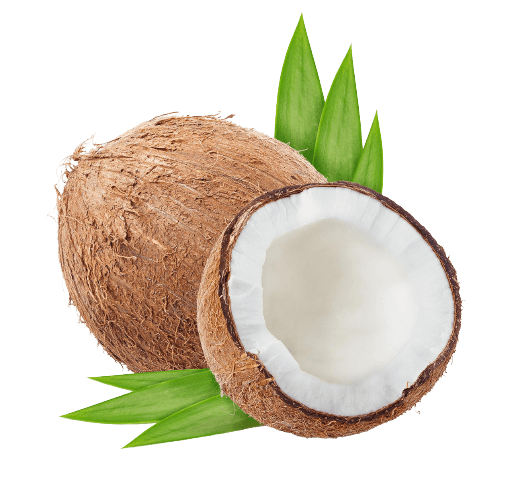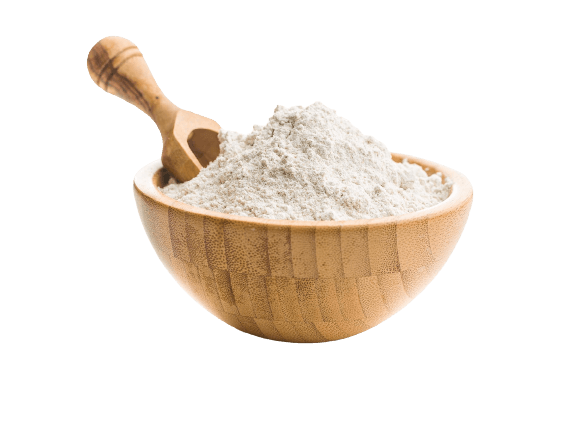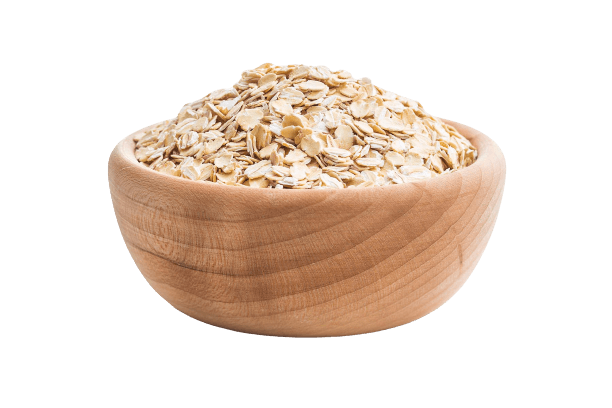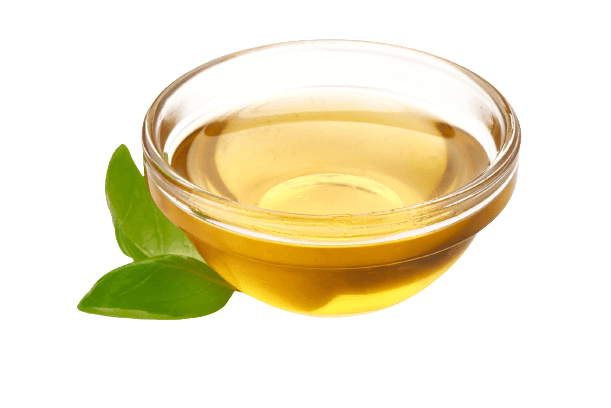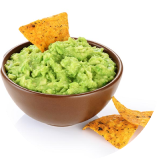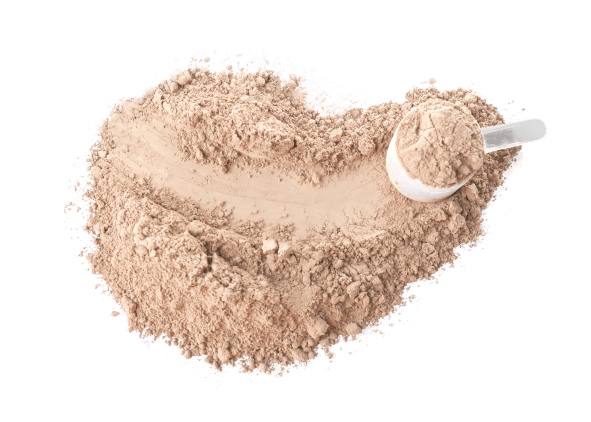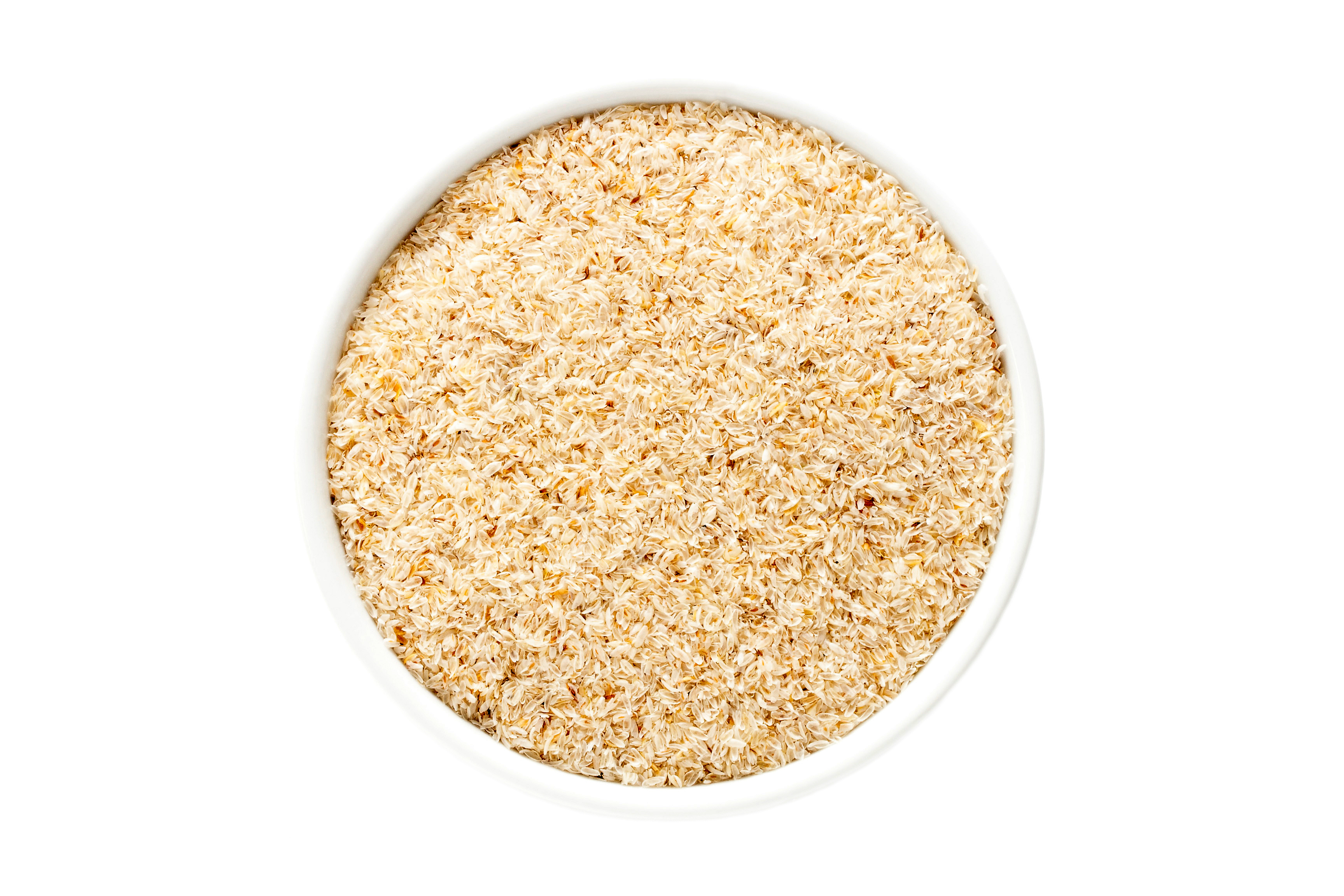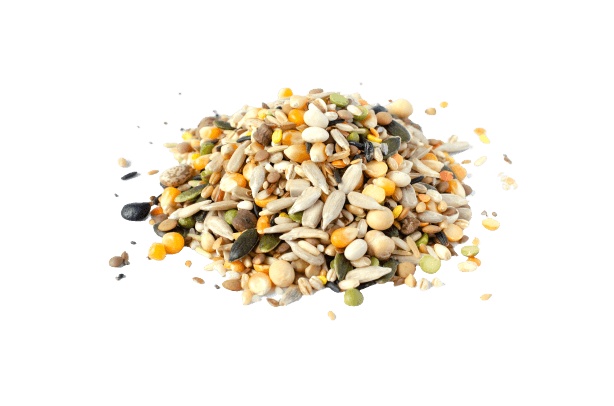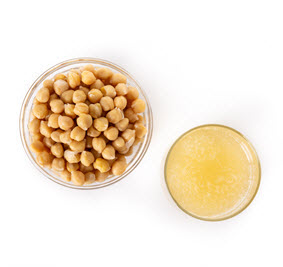Bulk IQF Fruits & Vegetables
Global Resources Direct offers a full range of IQF (Individually Quick Frozen) fruits and vegetables. GRD offers the best quality IQF items from around the world to meet your production standards. Upon request, we can satisfy all QA document requirements for 3rd party audit, Kosher, COA, among other certifications. Contact us with us regarding your upcoming production run today!
Learn More
Learn More
Learn More
More Bulk Products
18% Fat Organic Aseptic Coconut Cream
24% Fat Organic Aseptic Coconut Cream
Organic Desiccated Coconut Medium Shred
Organic Desiccated Coconut Fine Shred
Organic RBD Coconut Oil
Organic Coconut Sugar
& More!Liquid Frozen Eggs
Dried Egg Powder
Frozen Sugar Yolk
Frozen Egg White with Guar Gum
Pasteurized Frozen Salted Egg Yolks
Liquid Whole Egg (Totes)
& More!Blanched Super Fine Almond Flour
Organic Coconut Flour
Organic Blanched Almond Flour
Organic Blanched Almond Fine Meal
Pumpkin Seed Flour
Sunflower Seed Flour
& More!Almonds
Cashews
Hazelnuts
Macadamia Nuts
Peanuts
Pine Nuts
& More!Gluten Free Thick Rolled Oat
Gluten Free Thick Rolled Oat Flakes
Gluten Free Instant Oat Flakes
Gluten Free Quick Oat Flakes
Gluten Free Oat Flour
& More!Almond Oil
Apricot Kernel Oil
Argan Oil
Avocado Oil
Babassu Oil
Beeswax
& More!Almond Flour
Guacamole
Oats
Salsa
Vanilla Extract
& More!Instant Non-Fat Milk Powder
Almond Protein Powder
Micellar Casein
Fava Bean Protein Isolate
Brown Rice Protein Powder
Optimized Pea Protein Isolate and Brown Rice Protein Mix
& More!Organic Psyllium whole husk 95%
Psyllium whole husk 95%
Psyllium husk powder 95%
Organic Psyllium husk powder 95%
Organic Psyllium whole husk 85%
Psyllium whole husk 85%
& More!Flax Seeds
Hemp Seeds
Pumpkin Seeds
Sesame Seeds
Sunflower Seeds
& More!Vanilla Bean
Vanilla Extract
Vanilla Paste
& More!Aquafaba (Liquid)
Organic Blanched extra light roasted almond paste
Organic Blanched light roasted almond paste
Organic Aquafaba (Liquid)
Xanthan Gum 80 Mesh
& More!



